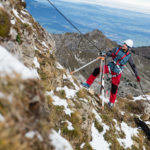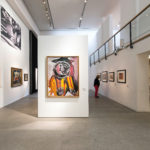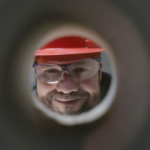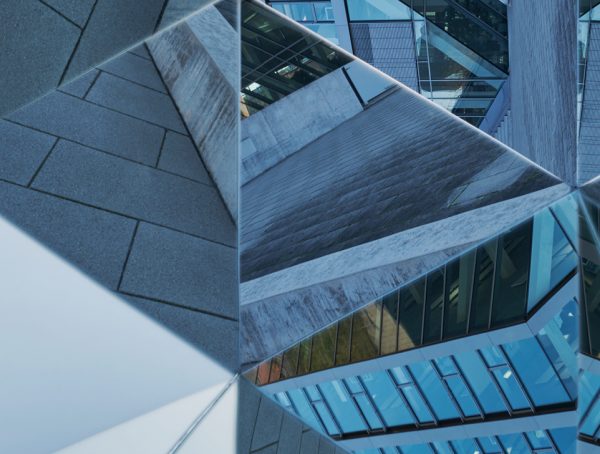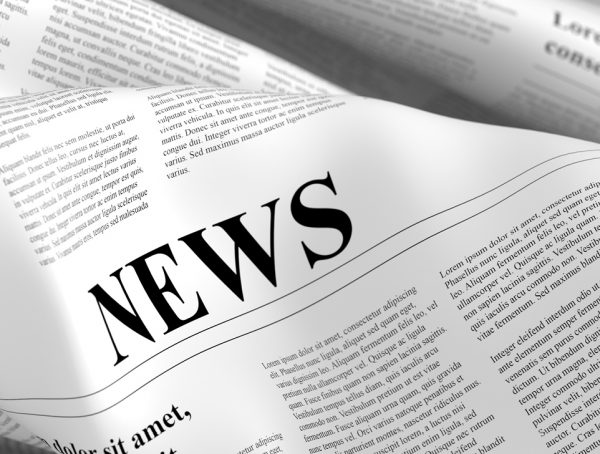The world of work is constantly changing. The COVID-19 pandemic is the latest shift that has driven and accelerated radical changes, such as digitalization. The pandemic and its challenges have permanently altered day-to-day work at Würth, while also opening up new opportunities.
How do we want to work together in the future? Würth employees asked this question in the summer of 2020. In the wake of the first round of COVID-19 lockdowns, Bettina Würth, Chairwoman of the Advisory Board of the Würth Group, advocated for the structure of the daily work routine to be overhauled. Initial topics included things like remote working and flexible work hours. The result was unmistakable: the clear majority of the respondents wanted to be able to work remotely two days a week even after the pandemic.
After kicking off this idea, the New Work project group was founded. Its goal is to develop the world of work at Adolf Würth GmbH & Co. KG further: modern and agile, with more space for individuality, autonomy, and creativity. But people would continue to take center stage in this new multifaceted working world. “The changes and processes introduced by the New Work group are intended to contribute increasingly to the success of our company and the satisfaction of our employees,” explained Kathrin Funk, head of the New Work initiative.
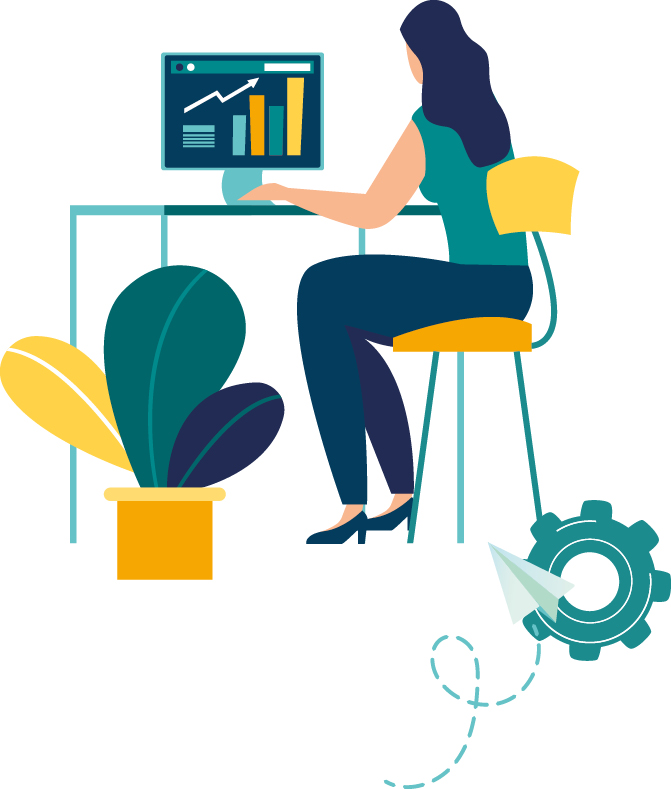
Making room for something new
Since then, a great deal has happened on the Würth campus. The role of the office has been redefined and new spatial concepts have been introduced in several areas. The various working concepts, learning techniques, and work methods have been incorporated into the new modular office layout. Focus has been placed on promoting the three Cs: communication, collaboration, and creativity.
Flexibility and self-management are key elements.
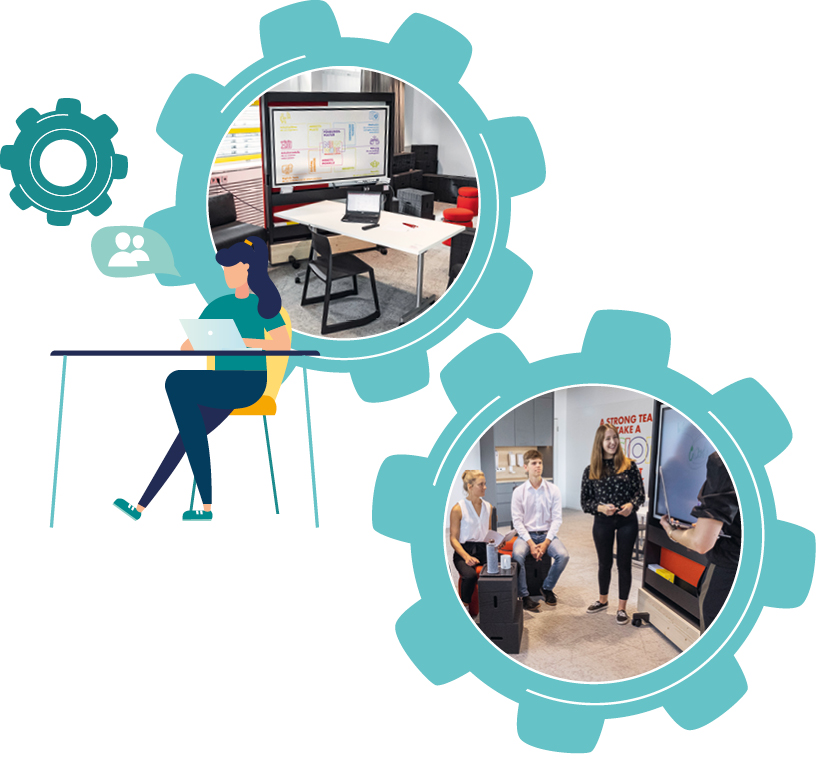
Designed for communication and cooperation: The employees are delighted with the new room concepts.
Several of the meeting rooms have already been outfitted with hybrid conference and streaming technology. Most of the new furniture has wheels so that it can be moved around freely, and multiple walls can serve as whiteboards to allow for as much freedom as possible during joint brainstorming sessions. Desk sharing and islands for chit-chat and relaxation are also part of the new work environment. The renovations and selection of office furniture address the different dimensions of sustainability. “We have received extremely good feedback on the new meeting rooms. We were not expecting that since the rooms seem more cluttered than before. But they were very well received, as well as the fact that we have hybrid technology on site and it is now easier to procure new technology in general,” said Funk.
In addition to flexible work hours and trendy interior design, the New Work initiative also includes new types of communication. This involves new digital tools such as Microsoft Teams and the use of podcast formats by the management to communicate information quickly and transparently. Furthermore, various “walk-and-talk” routes have been set up across the extensive Würth campus. “The idea was to create space for personal encounters, meetings, and job interviews during a stroll in the fresh air,” explained Funk. “This has proved extremely popular.”
More than just a workplace
New Work was intended to improve the experience on the campus. Small events, such as inviting baristas to brew enticing aromatic coffee on the rooftop terrace or afterwork parties, are planned on a regular basis to foster togetherness even outside of working hours.
“We work with the intelligence of many.”
“Lastly, New Work provides employees with freedom and as much autonomy as possible to complete their tasks,” said Funk. “The workplace should be a source of inspiration.” Even the understanding of management has changed: fewer guidelines in exchange for more individual possibilities and support. Würth managers are focused on development, mentoring, and trust now more than ever.
The New Work initiative has proven to be a dynamic process, which is still far from over. Changes will not simply be implemented at random using a scattergun approach based on the various requirements.
Our goal is to break old patterns without forcing changes,” explained Kathrin Funk. One thing she has learned through this process is that it is best to start with the willing. Enthusiasm is contagious after all.
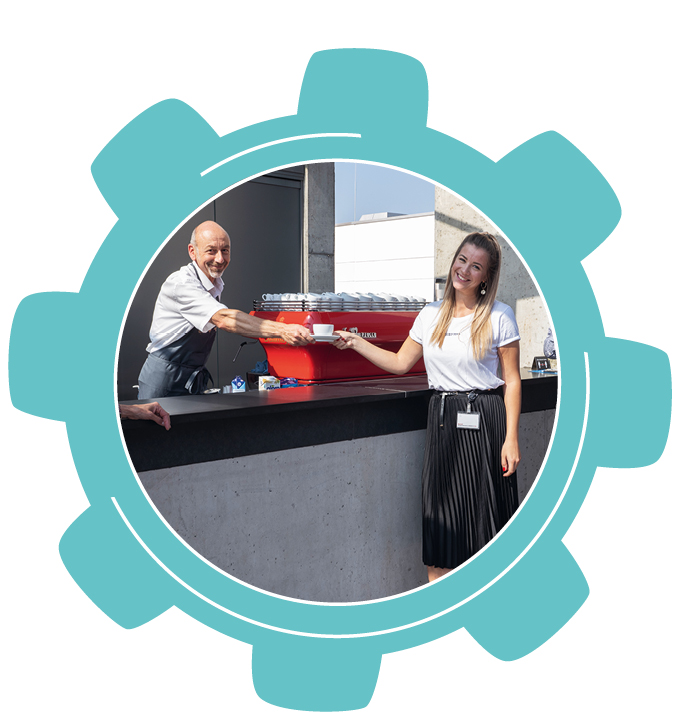
Würth’s New Work initiative also includes exciting campaigns such as barista events on the rooftop terrace and after-work parties.


